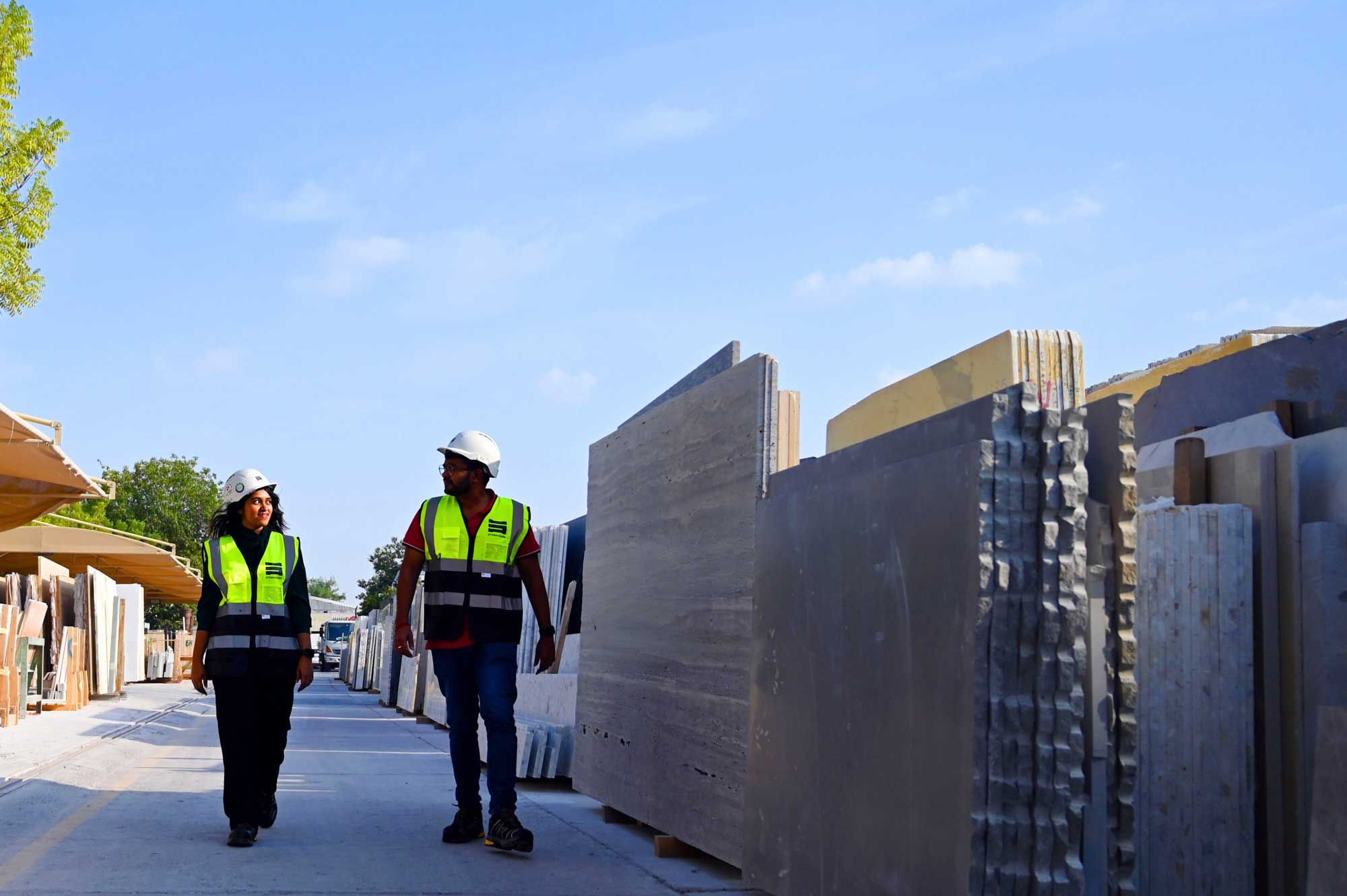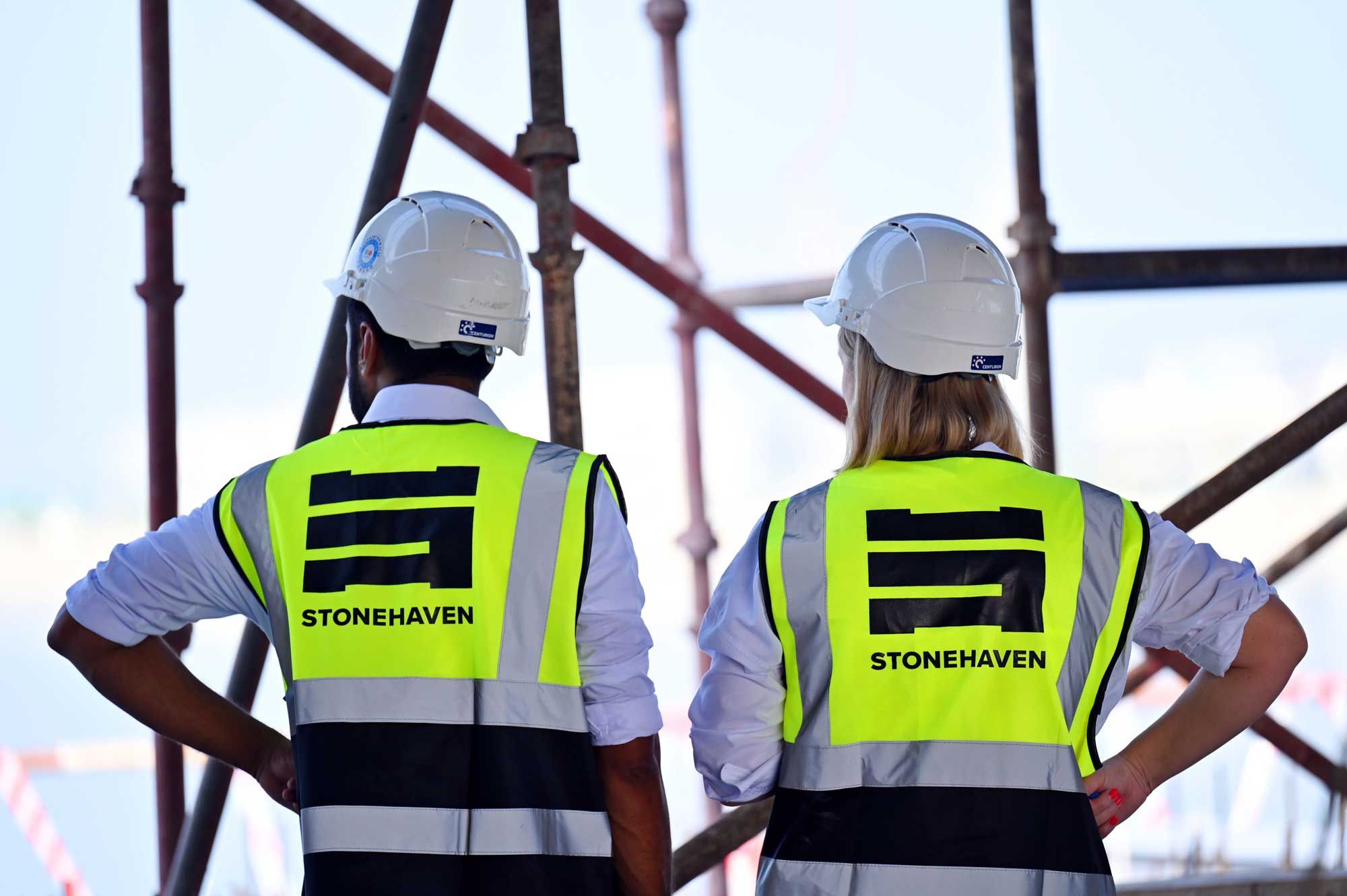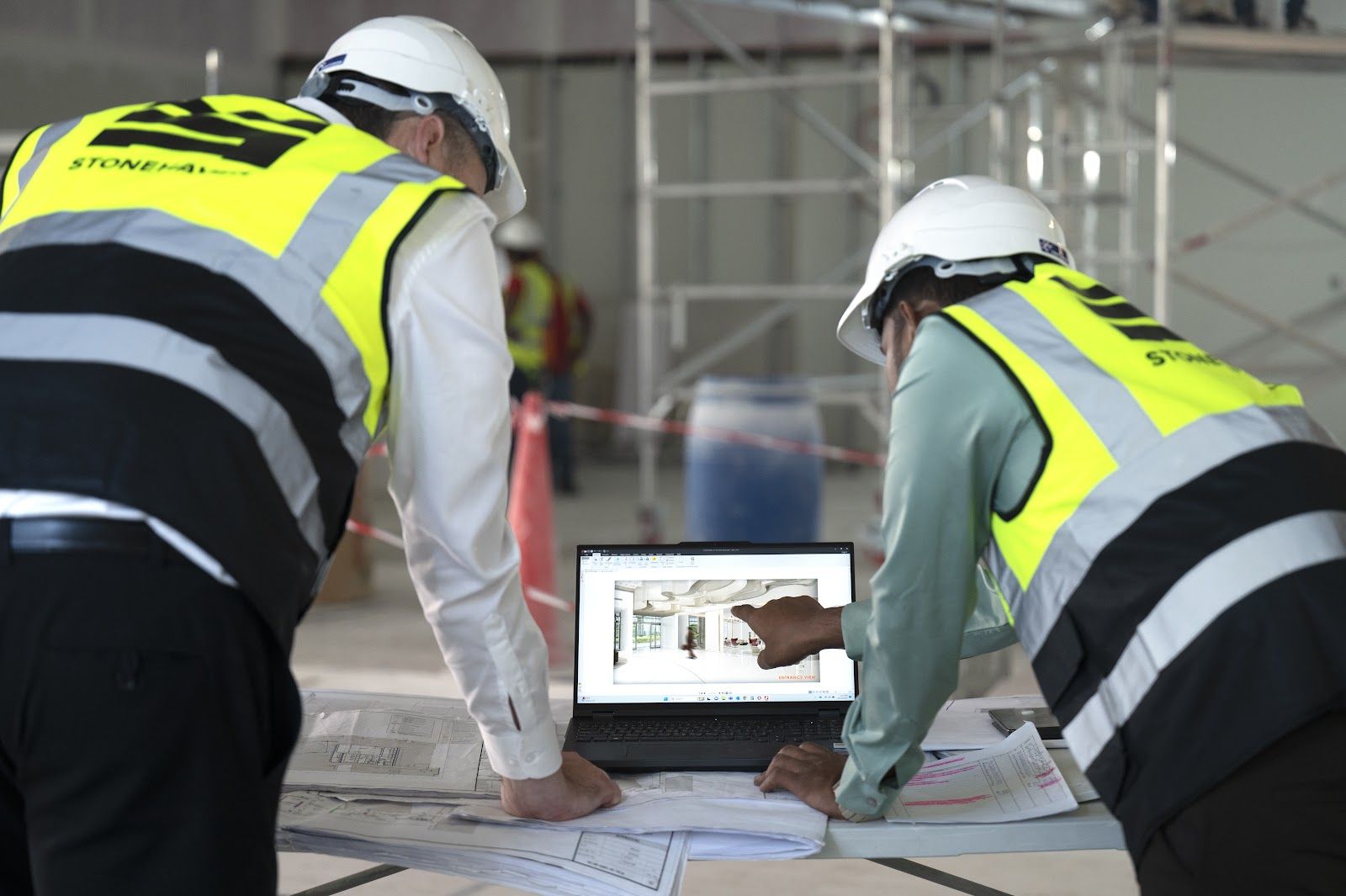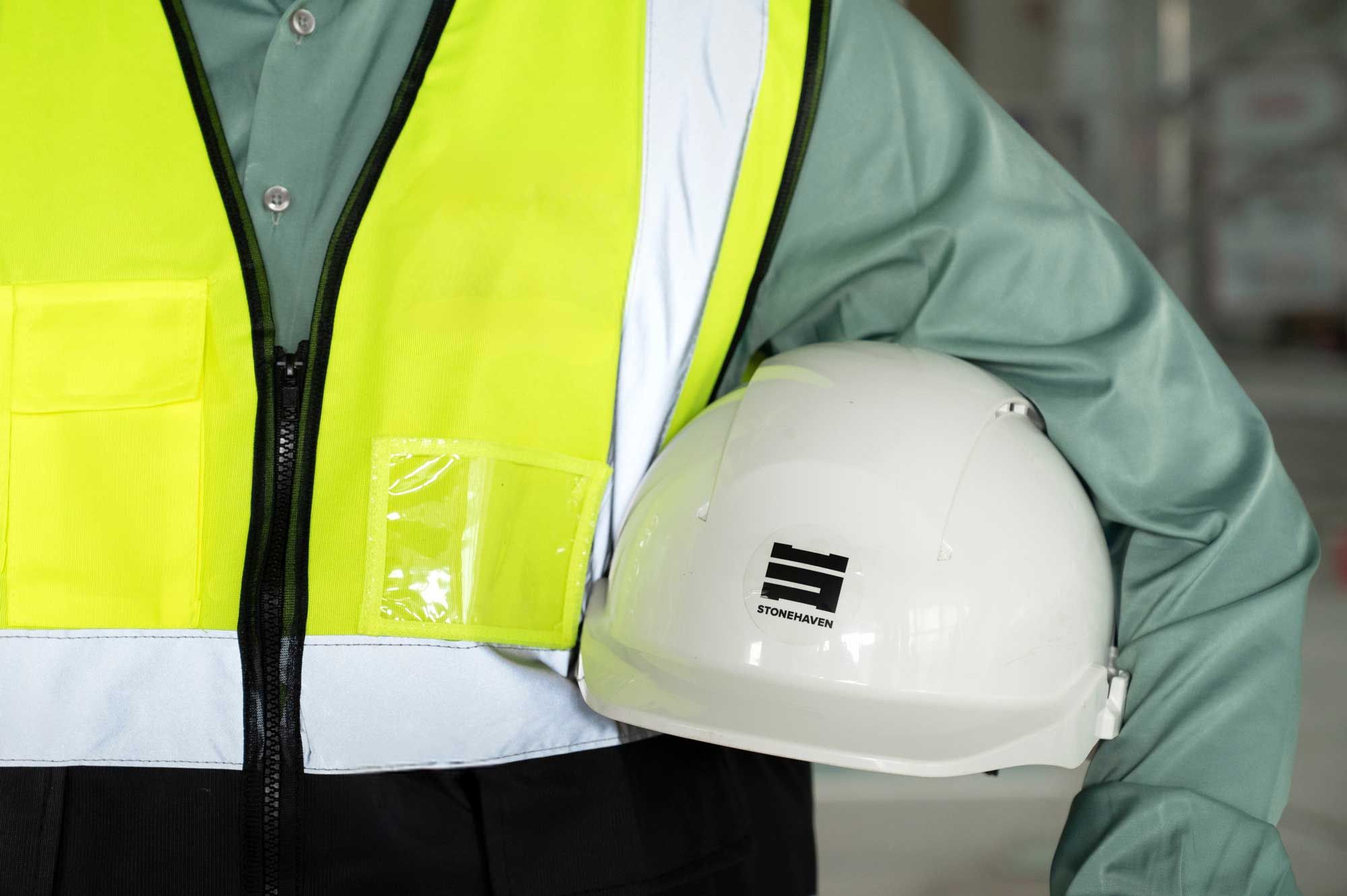As industries across the globe undergo digital transformation, construction is no exception. Technologies such as artificial intelligence (AI), machine learning (ML), and Building Information Modelling (BIM) are ushering in a new era of innovation, efficiency, and data-driven decision-making. Among the many professions experiencing this shift is Quantity Surveying (QS), where AI is beginning to redefine traditional practices.
In regions such as the United Arab Emirates (UAE), renowned for rapid urbanisation and record-breaking infrastructure projects, the adoption of construction technology is getting particularly advanced day by day. This acceleration raises a pivotal question: will quantity surveyors be replaced by AI? Or will they evolve against it, taking on more strategic roles within an increasingly digital landscape?
Read the full article to explore whether AI is truly a threat to the profession, or the greatest opportunity that Quantity Surveyors have ever faced. Discover how the role is evolving, what skills will define the next generation of quantity surveyors, and why the future of QS isn’t artificial but strategic.
Understanding the Role of the Quantity Surveyor
Before examining the impact of AI in construction, it is important to understand the core responsibilities of a Quantity Surveyor (QS). A QS plays a central role in managing the financial and contractual dimensions of a project. Their expertise spans the entire project lifecycle, from the initial feasibility study and estimating costs to managing tendering processes and overseeing the final accounts.
Traditionally, quantity surveying has required meticulous measurement, cost estimation, procurement management, risk assessment, and contract administration. These tasks demand not just numerical precision, but also a deep understanding of construction methodologies, local regulations, materials pricing, and legal frameworks.
It is also reported that companies using AI-driven tools have reduced cost overruns by 15–25% on average, attributing this to AI's ability to process vast datasets and identify even hidden patterns in the construction lifecycle.
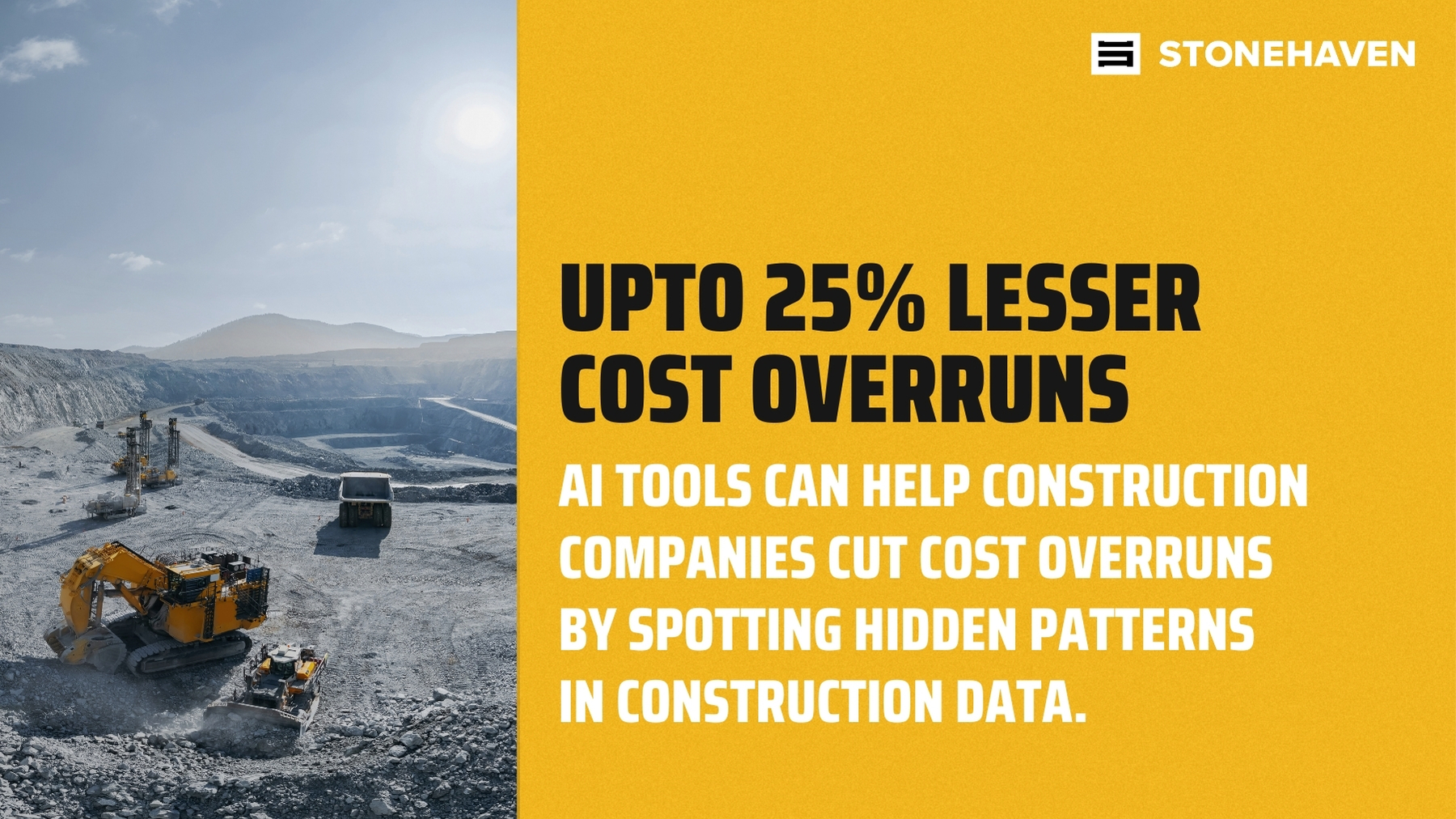
Furthermore, QSs work closely with a wide range of stakeholders from clients and architects to engineers, contractors, and legal advisors to ensure that a project is delivered on time, within budget, and according to quality expectations. Their duties often include preparing Bills of Quantities (BoQs), monitoring project progress, managing variations, and resolving contractual disputes. In this sense, the profession requires a balance of analytical skills, ethical judgement, and strong interpersonal communication.
Digital Tools Influenced by AI for Quantity Surveying
AI is already changing how quantity surveyors operate. From automated quantity takeoffs to intelligent cost estimation software, a suite of tools is emerging that enhances both the speed and accuracy of the QS’s work.
Software platforms such as CostX, PlanSwift and Revit can now perform AI quantity takeoffs from BIM models, allowing for the swift extraction of material quantities and measurement data. These tools reduce manual workload and minimise human error. Additionally, AI powered natural language processing (NLP) tools, including ChatGPT, are being employed to draft contractual documents and interpret standard clauses, as a notable development in construction technology in the UAE and beyond.
Other Quantity Surveying AI tools include:
● Historical cost modelling and benchmarking analysis powered by big data
● Predictive analytics for forecasting risks, cost overruns, and procurement bottlenecks
● Real time progress tracking using drones, sense, and IoT systems integrated with AI
● Automated BOQ generation from 3D BIM models
● Supplier performance analysis to enhance procurement decisions
These tools enhance productivity, reduce repetitive work, and support more informed decision making. The digital transformation in construction is equipping Quantity Surveyors with powerful instruments, but it also highlights a growing need for digital fluency in the profession.
The Problems of Using AI in Quantity Surveying
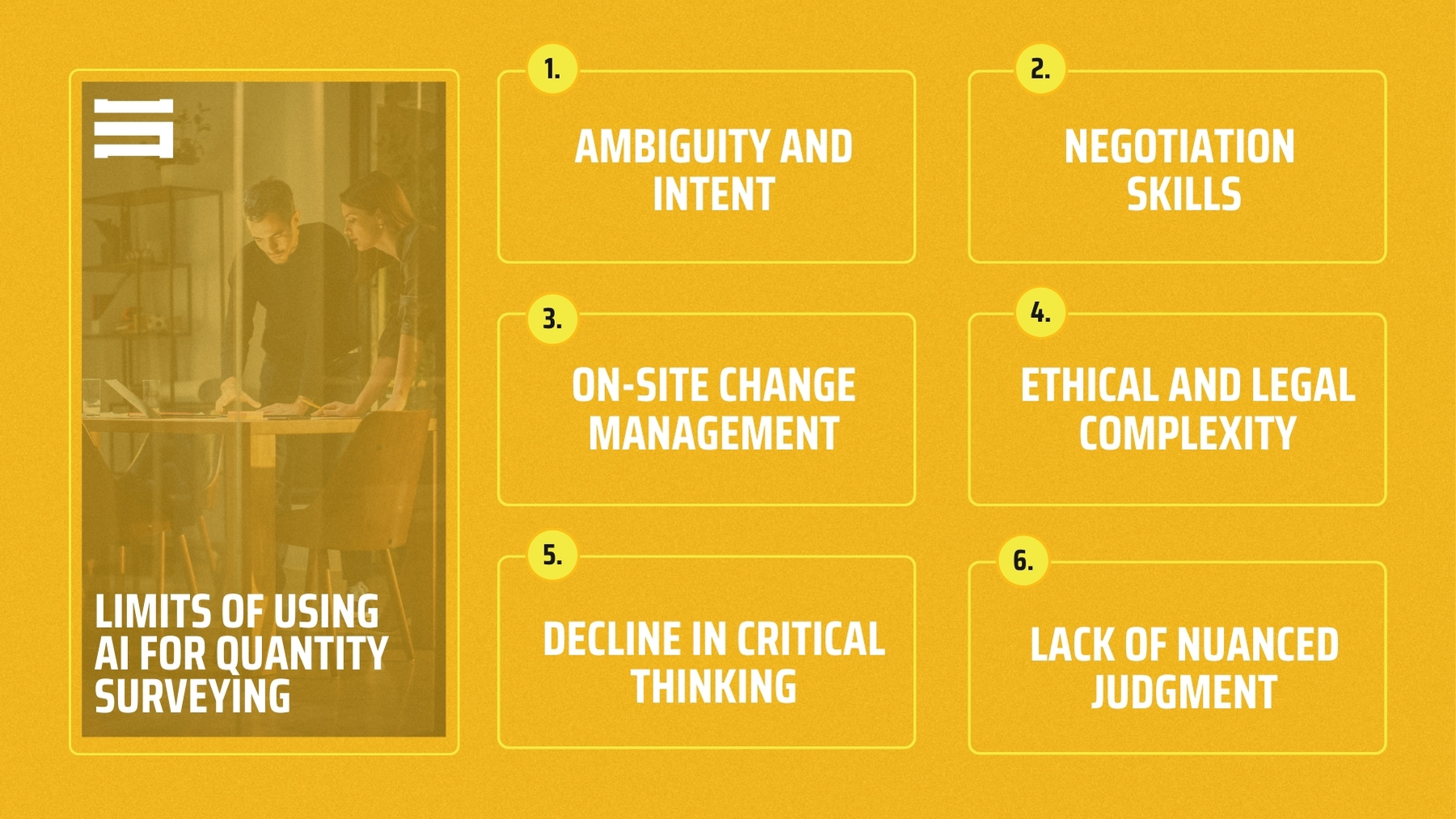
Despite the significant promise of AI in reshaping quantity surveying, there are fundamental limitations to what these systems can accomplish independently. While AI can automate structured, repetitive tasks with impressive efficiency, it lacks the nuanced judgement and contextual sensitivity that many Quantity Surveyor's responsibilities demand.
Some key limitations of AI include:
● Ambiguity and Intent: AI cannot interpret vague or evolving client briefs, nor can it grasp non-verbal cues or implicit expectations. Human intuition remains essential when translating ambiguity into concrete project objectives.
● Negotiation and Interpersonal Skills: QSs frequently engage in tender interviews, value engineering workshops, and dispute resolution — all of which rely heavily on emotional intelligence and persuasive communication.
● On-Site Change Management: Construction sites are dynamic environments. AI lacks the flexibility to manage real-time scope changes, assess on-the-ground conditions, or navigate stakeholder politics.
● Ethical and Legal Complexity: While AI can process clauses and flag anomalies, it cannot yet navigate contractual grey areas, determine liability, or assess ethical risks in the same way a qualified QS can.
● Decline in Critical Thinking: In an era where convenience culture is the norm, there is a real risk of over-relying on AI and diminishing the critical thinking skills that are the bedrock of effective quantity surveying. If professionals defer to algorithms for every task, the ability to challenge assumptions, interpret data creatively, and make tough judgement calls may erode.
The Solution? A hybrid approach is essential. AI should be viewed as a supporting system, not a replacement. By automating repetitive processes, AI can free up human QSs to focus on complex analysis, ethical decisions, and relationship management. The future of the profession lies in nurturing adaptive thinkers who use AI intelligently, not dependently.
Ultimately, while quantity surveying AI tools can assist with data processing and forecasting, they cannot replicate the nuanced judgement, empathy or ethical responsibility that human professionals bring to their roles.
Where Can AI be Applied in Quantity Surveying?
Rather than displacing Quantity Surveyors, AI enhances their capabilities by automating time-consuming tasks and providing actionable insights. When used strategically, quantity surveying AI tools allow professionals to shift focus from data entry to data interpretation, from routine administration to high-level decision making.
AI Tools for Cost Estimation
One of the most transformative applications of AI in quantity surveying is in cost estimation. AI-powered platforms can process thousands of data points — including historical project costs, supplier rates, labour market trends, and inflation indices — to produce real-time, accurate forecasts.
These tools support QSs in identifying potential savings, reducing margins of error, and offering more reliable cost advice to clients — particularly in early phases of a project. They also enable more sophisticated scenario modelling, helping teams anticipate cost fluctuation across various project timelines.
Automated Quantity Takeoffs
Automated Quantity takeoffs are transforming traditional QS workflows. By integrating AI with BIM, software can quickly extract quantities from digital models, cross-reference specifications, and flag discrepancies.
This not only speeds up project planning but also supports more sustainable construction practices by improving accuracy and reducing waste. In high-volume environments like those found in construction technology UAE sectors, the time saved through automation can significantly enhance project delivery timelines.
Risk Management and Forecasting
Construction projects carry a range of risks, from budget overruns and delays to regulatory non-compliance and unforeseen site conditions. Machine learning algorithms can analyse data from past projects to predict where problems may arise and generate early warnings.
By identifying trends and flagging anomalies, quantity surveying AI tools enable QSs to implement preemptive measures, refine contingency planning, and provide data-back risks assessments to stakeholders.
Project Monitoring and Progress Analytics
AI tools, when combined with drones, IoT sensors, and real-time tracking systems, allow QSs to monitor construction progress with unprecedented visibility. These systems provide dashboards and alerts that highlight discrepancies between planned and actual performance.
This integration allows QSs to take corrective action early, manage resources more effectively, and ensure that costs and schedules remain aligned throughout the project lifecycle.
Procurement Optimisation
Procurement is another area where AI delivers tangible value. QSs can use AI platforms to analyse large datasets on suppliers, assessing metrics such as pricing trends, delivery reliability, and product quality. This supports more informed procurement decisions, reduces risk, and strengthens supply chain resilience.
Additionally, AI can automate much of the administrative workload in procurement, freeing QSs to focus on strategic planning and relationship management.
The Question: Will Quantity Surveyors Be Replaced by AI?
The short answer is: quite unlikely. While the introduction of AI in quantity surveying represents a profound shift in how the profession operates, it is not a substitute for human expertise.
Rather than making Quantity Surveyors obsolete, AI is reshaping the profession’s priorities. QSs are moving from being manual calculators and administrators to becoming strategic cost advisors and data-savvy cost managers. The ability to work effectively with AI, interpreting results, applying judgement, and communicating insights will be central to the future of quantity surveying.
Indeed, as AI in construction becomes more mainstream, a new hybrid skill set will emerge — one that blends digital fluency with traditional QS competencies. This evolution represents not a decline, but an elevation of the profession.
Preparing The Future Job Market of Quantity Surveyors
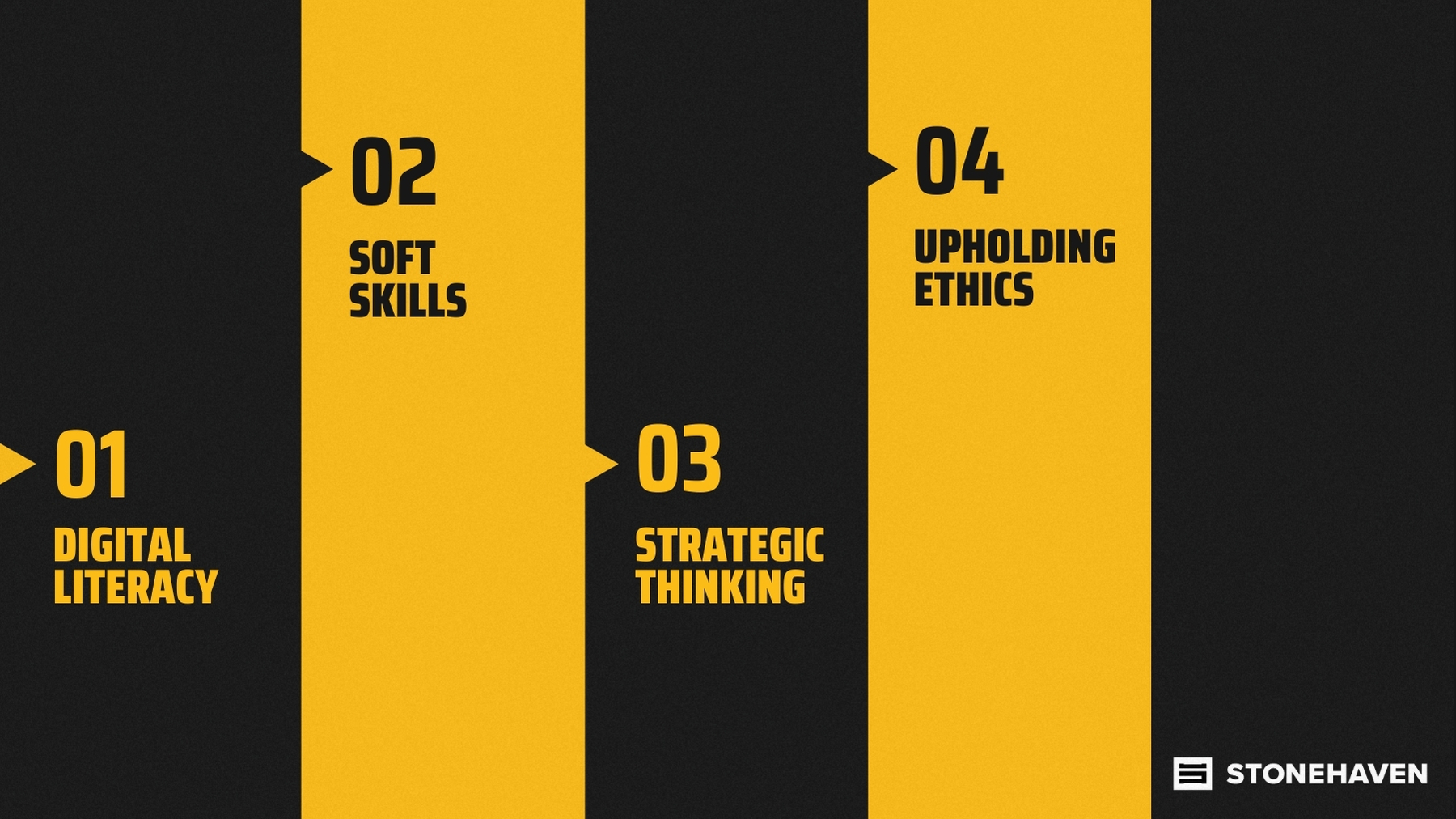
Staying Relevant as a Quantity Surveyor in 2025: Skills You Need to Focus On
As someone who’s worked across changing project environments, I can tell you, today’s Quantity Surveyor needs to evolve beyond traditional expectations. The industry isn’t just transforming; it’s being redefined. Here’s what I’ve found essential to stay ahead:
1. Build Digital Fluency
I make time to understand the tools shaping our field. From construction tech platforms to AI-driven cost analysis, staying comfortable with digital systems is the baseline. If you're not learning the software that contractors and clients are already using, you risk falling behind.
2. Strengthen Soft Skills
Negotiation. Communication. Leadership. These aren’t just skills anymore, they’re core to being effective in an AI-augmented environment. The way we present data, resolve disputes, and align teams makes all the difference in project outcomes.
3. Focus on Strategy, Not Just Numbers
I’ve seen automation take over many of the repetitive aspects of our work and that’s a good thing. It gives us room to think bigger. Today, my value often lies in strategic planning, advising clients on risks, and shaping cost decisions that align with long-term project goals.
4. Be the Ethical Standpoint
With algorithms now informing cost plans and procurement decisions, there’s a real need for professional judgment. In today's environment of convenience culture, it's important to hone your critical thinking skills and I see it as my responsibility to ensure decisions are not only data-driven but also fair, transparent, and accountable. Ethics and governance remain central to our role — especially now.
Conclusion
The question as to whether quantity surveyors will be replaced by AI technology ultimately misses the point. The profession is not facing extinction but reinvention. The future of quantity surveying lies in collaboration — between humans and machines, tradition and innovation, data and insight.
In the context of construction technology in the UAE and other rapidly evolving markets, AI presents an opportunity to elevate the role of the quantity surveyor. Through the smart use of AI tools, QS professionals can reduce inefficiencies, enhance project outcomes, and provide greater value to their clients.
What lies ahead is not the end of the quantity surveyor, but the emergence of a new kind of professional: one who is both technically grounded and digitally empowered. As AI continues to reshape construction, the most successful QSs will be those who can adapt, learn, and lead the industry into its next phase of evolution.
Featured Perspective
This article includes contributions and insights from Ayesha Bandara, Cost Manager at Stonehaven whose project experience in the industry has shaped much of this discussion.
Ayesha Bandara is a Quantity Surveyor with Four years of professional experience across local and international projects in the UAE, Saudi Arabia, and Australia. She is skilled in cost estimation, BOQ preparation, and tender documentation, with hands-on expertise in software such as CostX, Bluebeam, and PlanSwift. Her diverse project exposure and strong technical abilities enable her to deliver accurate and efficient cost solutions across various sectors.
About us
At Stonehaven, we believe that while AI is transforming the construction industry, it will never replace the judgement, intuition, and strategic value of an experienced Quantity Surveyor. That’s why our cost management teams use AI as a powerful tool, not a substitute to - enhance, not replace, professional expertise.
We integrate AI into our cost planning and consultancy workflows to automate repetitive tasks, flag anomalies faster, and analyse complex data-sets with speed. But when it comes to negotiations, on-site decision-making, and ethical judgement, our people lead the way supported, not overshadowed, by technology.
Operating across the UAE and GCC, we offer full-spectrum cost management services—from pre-contract estimates to final account closeout—ensuring that your commercial outcomes are protected throughout the lifecycle of your project.
Whether you’re delivering a luxury villa, a hospitality development, or infrastructure at scale, our Quantity Surveyors combine smart tools with sharp thinking to give you clarity, control, and confidence.
Want to see how our Cost Managers blend innovation with experience?









